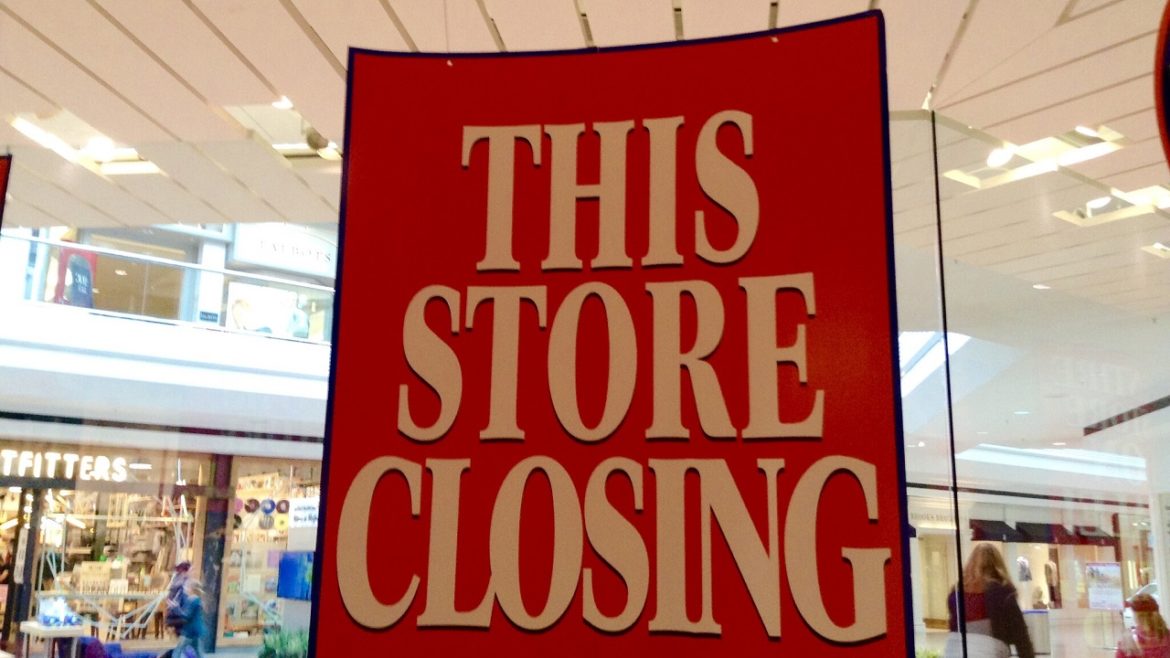Gold has all the potential to go unprecedentedly high. But silver will be gold on
Site:
Precious metals news
 Speed of US Bank Failures to Play Starring Role in Fed, FDIC Post-mortems
Speed of US Bank Failures to Play Starring Role in Fed, FDIC Post-mortemsApr 27, 2023 - 05:27:14 PDT
Of all the facts that have emerged about last month's two U.S. bank busts - the unanswered warning letters from regulators, the ignored interest-rate risk, the outsized levels of uninsured deposits - one data point in particular continues to stir deep-seated unease among finance officials: 36. That's roughly the number of hours it took Silicon Valley Bank (SVB) to go from...
April 26, 2023 Latest Article: Implications of Open Monetary and Information Networks The poor tax haul here in April has moved forward the United States’ debt ceiling deadline. It’s now likely to strike in late spring or early summer. This newsletter issue discusses some of the nuances and liquidity implications around this event for investors, […]
 Unexpected Last Minute Jump In Tax Receipts Gives US 1-Month Delay Until Debt Ceiling Crisis
Unexpected Last Minute Jump In Tax Receipts Gives US 1-Month Delay Until Debt Ceiling CrisisApr 27, 2023 - 05:25:33 PDT
Over the weekend, when looking at the tax data collected several days after the April 18 Tax deadline, when there is traditionally a surge in tax receipts by the US Treasury, we observed that YTD tax receipts were running a whopping 35% below their level from last year, and quoted Goldman's chief economist who concluded that "at this rate, an early June deadline looks nearly as likely as the late July deadline we project."
 House Just Passed $4.5 Trillion GOP Debt Limit Plan — 4 Most Important Cuts That Could Hit Your Wallet
House Just Passed $4.5 Trillion GOP Debt Limit Plan — 4 Most Important Cuts That Could Hit Your WalletApr 27, 2023 - 05:24:53 PDT
The U.S. House passed a debt ceiling bill by the slimmest of margins on Wednesday, April 26, with the final plan featuring $4.5 trillion in spending cuts while raising the debt limit by $1.5 trillion...
 S&P Futures Rise Above 4,100 Propelled By Tech Earnings, Rate Hike Doubts
S&P Futures Rise Above 4,100 Propelled By Tech Earnings, Rate Hike DoubtsApr 27, 2023 - 05:21:47 PDT
US index futures gained on Thursday halting a two-day drop, led by the tech stocks, after Meta’s better-than-expected results helped mitigate investor concerns about the F(ailing)irst Republic Bank, economic outlook, inflation and monetary policy. S&P 500 futures traded just above 4,100, rising 0.7% as of 8:00 a.m. ET, while Nasdaq 100 futures rose 0.9%, extending Wednesday’s...
Bed Bath and Beyond might be a canary in the coal mine.The home goods retailer filed for bankruptcy earlier this week. And according to research by UBS, this is likely just the beginning of a surge of retail store closures.
Who produces the world's gold?Gold mine production was up modestly in 2022, but it remains below the prepandemic peak.
Newmont Mining, the largest gold miner in the world, reported the highest costs ever during the first quarter of the year. This was quite surprising as energy costs declined while the gold price averaged over $1,900. I thought for sure Newmont would be lowering costs and increasing profits...
Financial stresses have translated into gold trading at near-record levels. Central banks, including China, have added to their gold reserves as they diversify away from dollar assets...
Apr 26, 2023 - 13:00:51 PDT
A top Russian government official is reportedly saying that a number of countries are drastically decreasing their dollar reserves while increasing their gold holdings.
 Bank of America Makes Big Bull Call on Gold, Says This Is the Perfect Time to Own Bullion: CNBC Pro
Bank of America Makes Big Bull Call on Gold, Says This Is the Perfect Time to Own Bullion: CNBC ProApr 26, 2023 - 12:58:46 PDT
The Wall Street firm on Wednesday initiated coverage of gold with a "favorable" view.
 Us Dollar Still Heading Toward a Depreciation Path Longer Term: Wells Fargo
Us Dollar Still Heading Toward a Depreciation Path Longer Term: Wells FargoApr 26, 2023 - 12:57:13 PDT
Analysts at Wells Fargo point out the US Dollar can trade around current levels during the second quarter, and see it depreciating during the second half of 2023.
The Bank of England's top economist has said people in the UK need to accept that they are poorer otherwise prices will continue to rise.
In my last post, I described the big cycle template, consisting of the five major forces. Today’s post is the follow-up I promised, focusing on the great power conflict and what’s going on with China.
China is pushing ahead with the largest-ever expansion of its nuclear arsenal, modernizing the atomic deterrent with an eye on future conflicts with the US.
Ukraine's Zelensky pressed NATO to invite Kyiv to join the alliance and send more fighter jets and long-range weapons, as battles with Russia raged on.
Nobody seems to be wondering what happens should the real world no longer respond to the Perpetual Motion Finance Machine.
Apr 26, 2023 - 12:13:45 PDT
Following negative revisions to retail sales data, the Atlanta Fed GDPNow estimate took a plunge.
As uncertainty circles the markets on whether the Fed is approaching the end of its tightening cycle, the gold-to-oil ratio suggests commodities traders are hedging against the risk of a US recession.
 Druckenmiller's Only 'High Conviction Trade': Short The "Weaponized" Dollar
Druckenmiller's Only 'High Conviction Trade': Short The "Weaponized" DollarApr 26, 2023 - 12:05:50 PDT
He is not the first, and he won't be the last, but "everyone's new favorite theme... US dollar debasement" appears to have taken hold in the mind of billionaire hedge fund manager Stanley Druckenmiller as The FT reports that he is betting against the US Dollar as his only high conviction trade.






